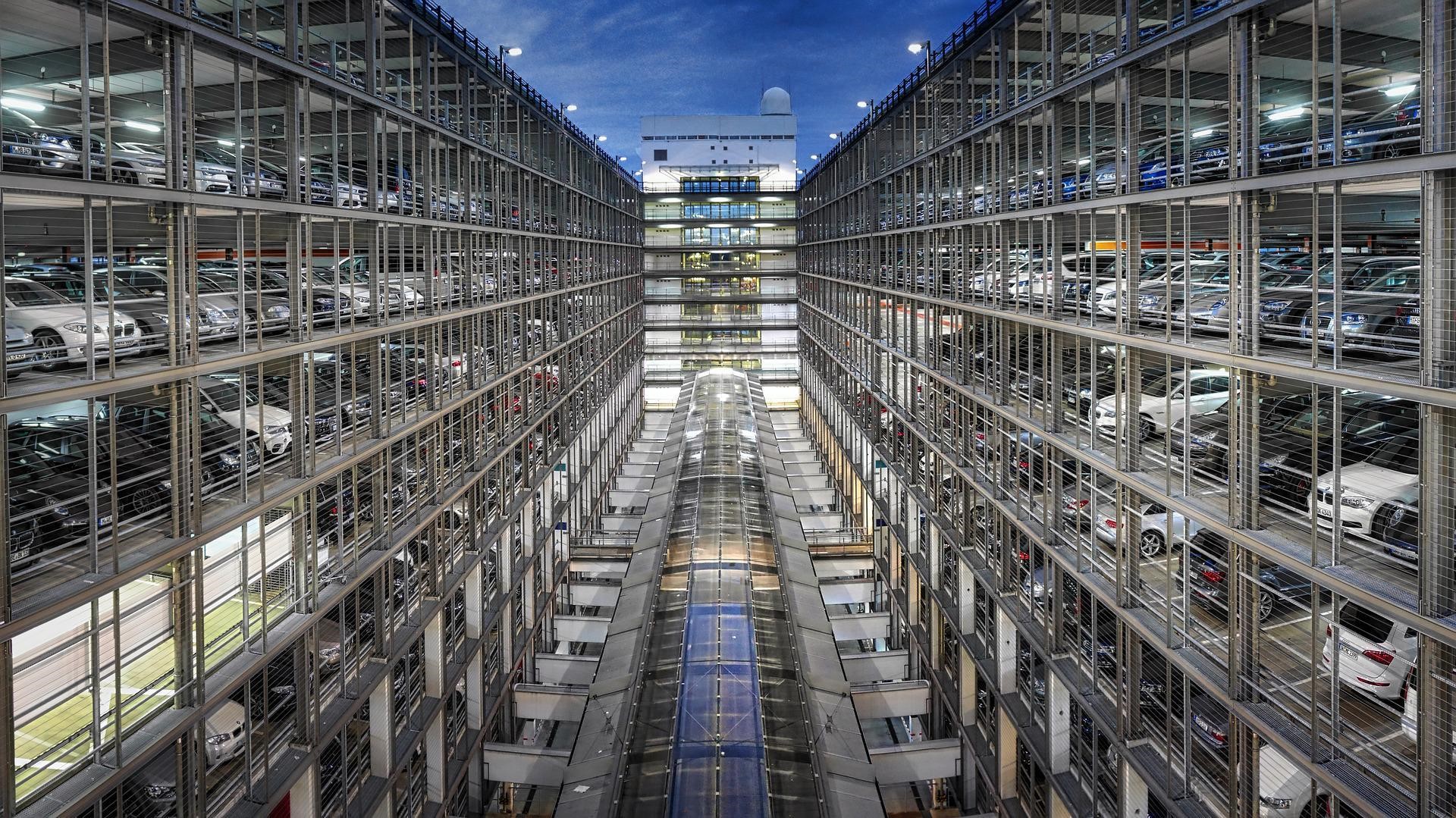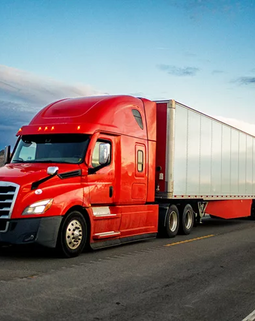According to Chris Showalter, CEO of Kabanga Nickel, Tanzania’s nickel is ideally positioned to provide an international locomotive production looking for an alternative to fuel the move to an electronic motor vehicle. Automakers in Dar es Salaam call it ‘sweet gear’ according to Showalter. According to him, Kabanga generates the mass of nickel, and is stated to start manufacture in upcoming years, will likely be bought by the auto industry. The pit will also generate copper and cobalt.
The project schedule estimates a mining span of years and a current minimum nickel similar output of 65,000 tons. The CEO has been contacted by automakers seeking contracts, which he plans to wait for. He anticipates an "extremely competitive procedure" that could produce further and allow him to trade more funding for the development.
According to Standard & Poor's projections, 15.2 percent of the world's grade nickel output in 2021 came from Russia. However, a cost shock brought on by the incursion of Ukraine compelled the UK's Alloy's Interchange to halt nickel trading on March 8 when the cost turned up in initial transactions to reach an every single one-period high.
Prices have subsequently stabilized, but according to research, there is still a chance of another market correction. As a result, s&P increased the cost of nickel in the current year at the end of March.
According to Showalter, the demand for abandoned electric vehicles would be sufficient to maintain nickel rates climbing in the upcoming years. Tanzania's government controls the remaining 16% of the project, with Kabanga Nickel, a United Kingdom secluded business, owning the remaining 84%. BHP invested $40 million in the corporation in winter to hasten the project's development.
Depending on achieving specific objectives, BHP might invest more money in Kabanga. With BHP's contribution, the study of kabanga is currently being updated. According to Showalter, this is the world’s huge growth project due to the $300 million invested by the project's former owners, Glencore, and Barrick Gold.
According to Showalter, the corporation wanted to do the casting in North America and the refining in Norway; hence the project did not fit into Glencore's portfolio. So instead, Kabanga Nickel will employ its technology for regional processing after signing a contract to establish the project in the upcoming year with the government. "We will increase value domestically."
The construction line of a new railroad that will pass by the quarry and from the processing plant will be advantageous to the area. In addition, he contends that Kabanga's chemical elements are naturally pleasant choices because they can refine the nickel there.





